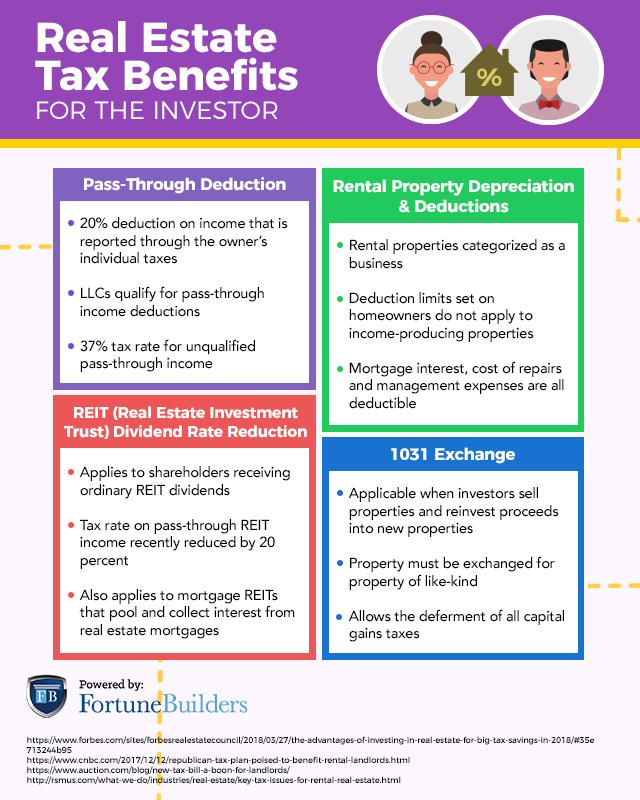
Ad answer simple questions about your life and we do the rest. As a homeowner, you pay property taxes at both a state and local level.
Credits for individuals family and dependent credits income and savings credits homeowner credits health care credits
What tax deductions for homeowners. Interest on home equity loans. Tax deductions for homeowners mortgage interest. With many people looking for ways to lower their income tax, there are a few expenses tied to the house that every homeowner should consider.
Tax exemptions on profits when you sell your home. Interest on home equity loan and home equity lines of credit is only deductible if you used the money to buy, build or substantially improve your home. Mortgage “points” (a type of mortgage fee).
Each mortgage payment includes an interest. Here are seven of the largest and most common tax deductions for homeowners: For the 2020 tax year, the federal standard deduction is $24,800 if you’re married filing jointly, $12,400 if you’re single or married filing separately, and $18,650 if you’re filing as head of household.
As a homeowner, you pay property taxes at both a state and local level. The following can be eligible for a tax deduction: Interest on home equity loans and home equity lines of credit can be deducted, but only if.
If you’re married but filing separately, you can deduct up to $5,000. The simplified deduction lets you claim a deduction of $5 per square foot of your home office up to $1,500. Ad answer simple questions about your life and we do the rest.
State or local income taxes and sales taxes charitable donations medical and dental costs that aren’t reimbursed As a married couple filing jointly, you can deduct up to $10,000 of your property taxes. Property taxes and some local taxes.
A simpler and easier way to estimate your home office. Homeowners can also claim a tax deduction for any loss in value of assets like appliances or furniture in the rental property or the part of the home that’s rented out. From 2018 through 2025, homeowners may deduct a maximum of $10,000 of their total payments for:
Actual expenses home office you can write off a portion of your home’s bills (homeowners insurance, mortgage insurance, utilities, etc.) as a business expense. This could make a significant. The trick here is what qualifies as “necessary.”
This is the biggest deduction available for homeowners. Deductions can reduce the amount of your income before you calculate the tax you owe. Don’t forget to include any taxes you may have reimbursed the seller for.
Tax deductions homeowners can claim during tax season. Credits can reduce the amount of tax you owe or increase your tax refund, and some credits may give you a refund even if you don�t owe any tax. If you are single or filing separately, you can deduct up to $5,000 in property taxes.
You can deduct home mortgage interest, property tax, loan points, or loan origination fees. But the tax cuts and jobs act reduced the amount you can deduct. When you own a home, the irs allows you to deduct some expenses on your annual tax return.
This is usually the biggest tax deduction for homeowners who itemize. Mar 22, 2022 | taxes. If you took out a home equity loan to consolidate bills or pay for college, for example, the interest is not deductible.
As a homeowner, though, you may have enough in eligible expenses to itemize your deductions. It’s not a loan you have to pay back, nor is it a cash gift like the downpayment toward equity act. The mortgage interest on your primary residence, as well as on a second residence.
As a homeowner, you may be able to claim property taxes on your tax return this year. Homeowners may also qualify for tax breaks on any capital works undertaken before renting out the property and even on the costs of constructing the property. Unless your home is huge, it will be hard for an irs auditor to believe you actually dedicated 50% of your home exclusively to your business.
You can deduct up to $10,000 of state and local income taxes, including property taxes paid on your primary home, or any other real estate you own. If you’re filing jointly with your spouse, the maximum property tax deduction available is $10,000 per. The tax deduction for mortgage interest is one of the most valuable tax breaks for homeowners.
If you’re a new owner who purchased a home in the past year, you can deduct the property taxes you paid at closing, along with other items. Tax deductions for homeowners mortgage interest. These may include recordation and transfer fees, and any real estate taxes paid by your lender.
(there are limits, but relatively few. From simple to complex taxes, filing with turbotax® is easy. The tax credit is equivalent to 10% of the purchase price of your home and cannot exceed $15,000 in 2021.
A portion of every mortgage. Property tax, and state income tax or state and local sales tax. This $10,000 limit applies to both single and married taxpayers and is not indexed for inflation.
Mortgage interest is tax deductible for homeowners Other than deductions for homeowners, some of the most common itemized tax deductions include: Home mortgage interest if you have a mortgage on your home, the mortgage lender will send a form 1098 in the first few months of each year.
Credits for individuals family and dependent credits income and savings credits homeowner credits health care credits